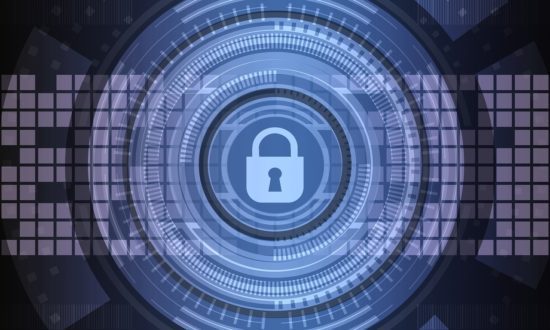Yesterday, at the Paris Peace Forum, President Emmanuel Macron announced the Paris Call for Trust and Security in Cyberspace – the most coordinated effort to date to get countries to agree on a set of international rules for cyberspace.
The pact was signed by 51 countries, hundreds of companies, and 92 non-profit organization, universities, and advocacy groups. However the US, Russia, and China have not signed it.
Paul Bischoff, Privacy Advocate at Comparitech:
“To be clear, countries who signed the pact did not agree to any specific rules, goals, or penalties. Instead, they agreed to figure all that out together at a later date. So the pact is mostly symbolic.
Russia and China will obviously not sign. Many of the pact’s measures imply taking action against them. Russia and China are the source of most of the world’s malware and cyber attacks, many of which are state-sponsored. Russia in particular is at the forefront of everyone’s mind when it comes to election hacking. The pact says it will try to “prevent malign interference by foreign actors.” Who does “foreign actors” refer to if not the Russians? “Prevent ICT-enabled theft of intellectual property,” is a finger-wag at China.
The US is also involved in a fair deal of cyber espionage, and it has its own interests to worry about. The US is home to most of the world’s largest and most profitable tech and internet giants, many of which served as a medium for previous election hacking campaigns. This pact could seek to regulate them. And after seeing Trump walk away from the Paris Climate Accord, I’m not sure why anyone would be surprised at this result.”
The opinions expressed in this post belongs to the individual contributors and do not necessarily reflect the views of Information Security Buzz.



